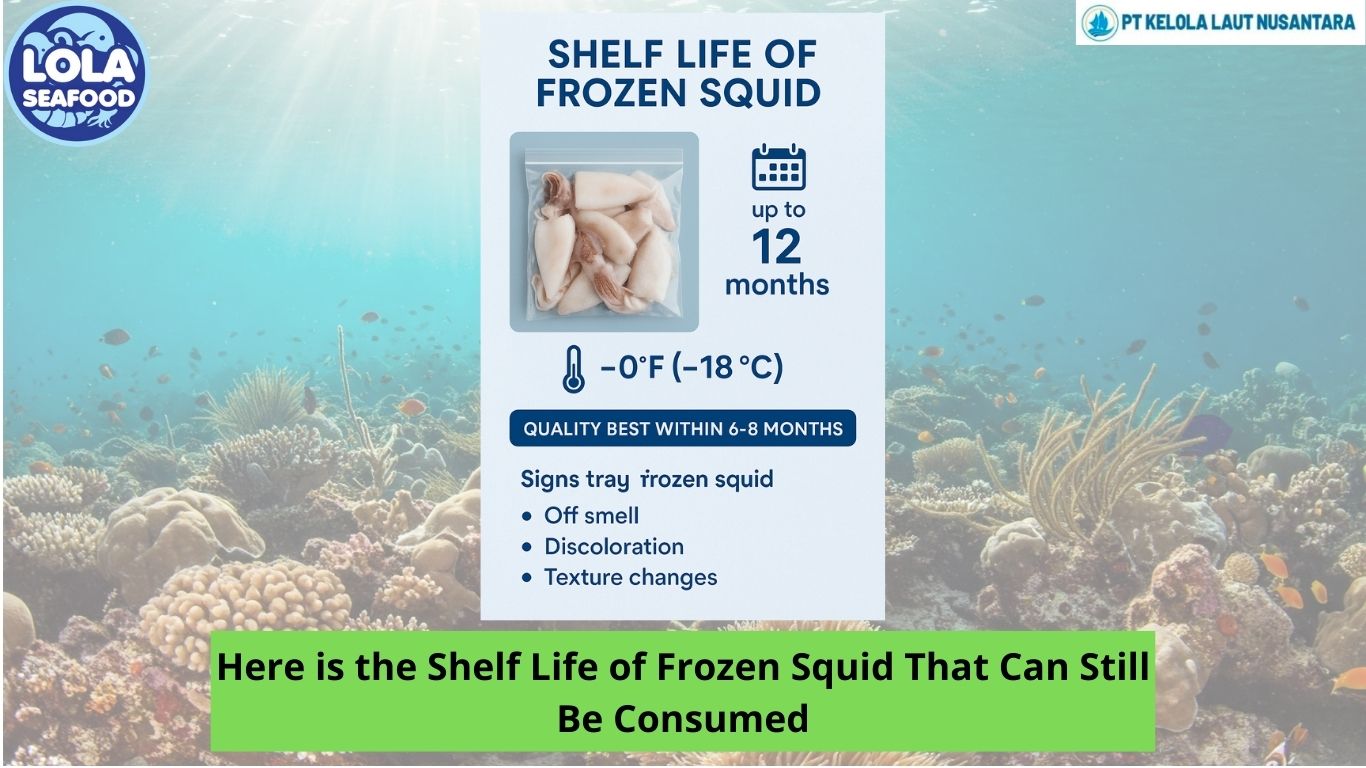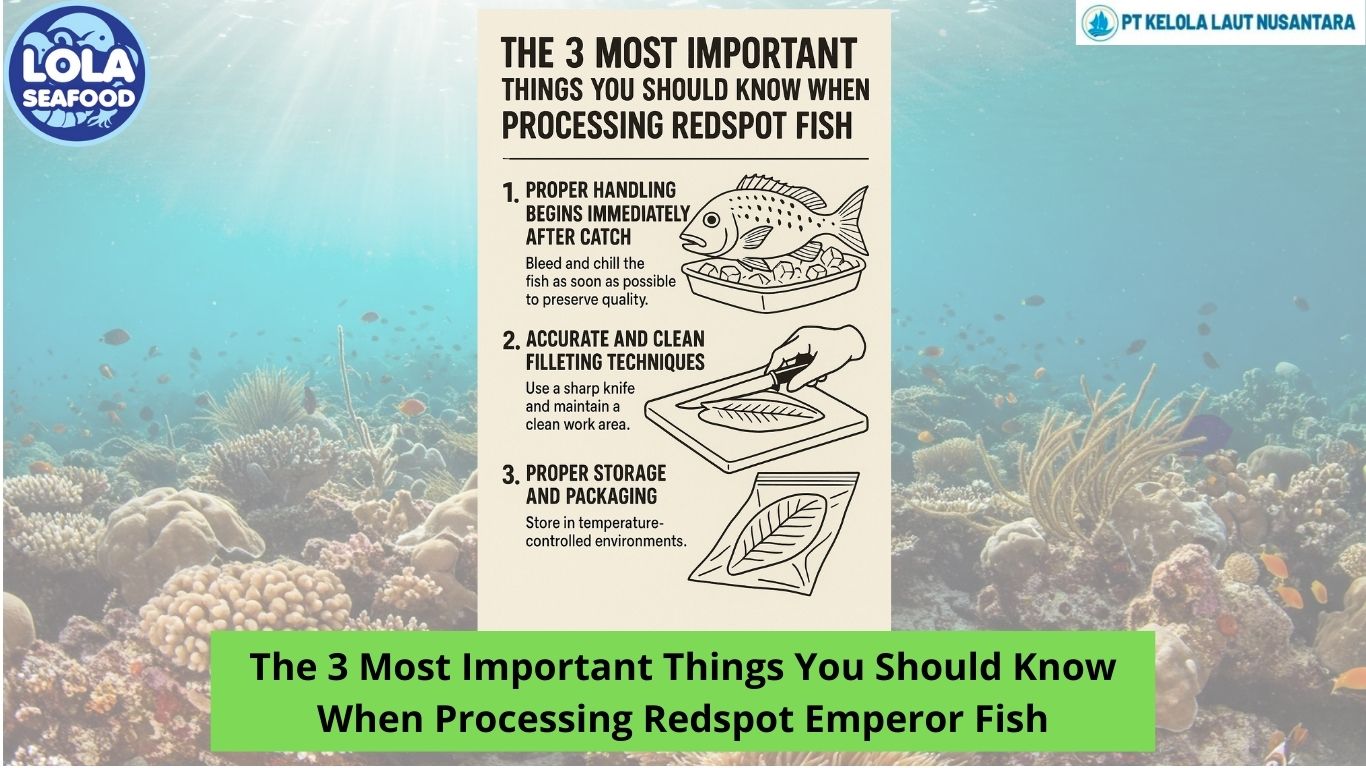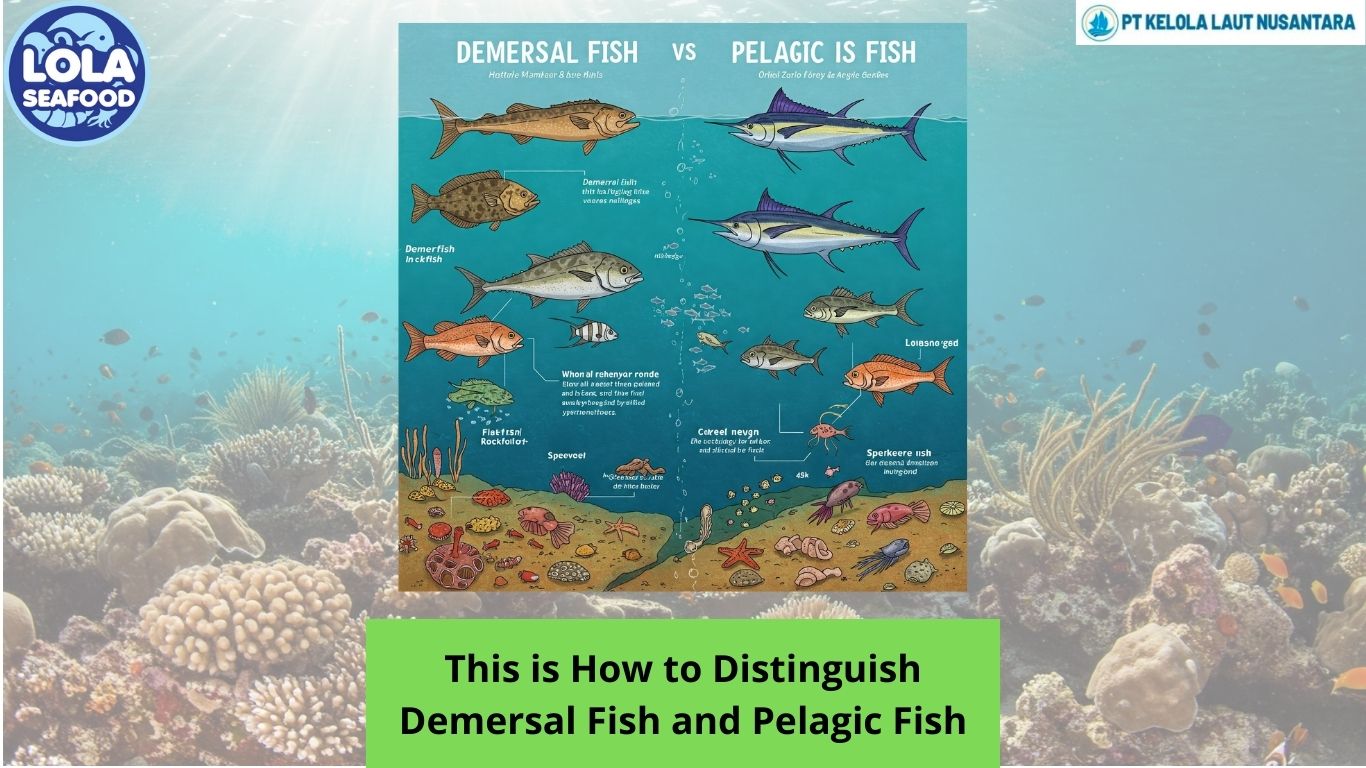6 Essential Nutrition From Crimson Snapper
By. Nevanda - 12 Jun 2023
kelolalaut.com - The crimson snapper is highly regarded for its quality flesh, which is known for its delicate flavor and firm texture. Its white to pink-colored meat is suitable for a wide range of culinary preparations, including grilling, baking, frying, and steaming. This versatility makes it an attractive choice for restaurants, seafood markets, and exporters.
Read also: Italian Classic Dish, Scallop Risotto Recipe
Crimson snapper, like many other fish, offers a range of nutritional benefits. Here's an overview of the nutrition profile of crimson snapper:
1. Protein
Crimson snapper is a good source of high-quality protein. A 3-ounce (85 grams) serving of cooked crimson snapper provides approximately 20 grams of protein, which is important for tissue repair, muscle development, and various metabolic processes in the body.
2. Omega-3 Fatty Acids
Crimson snapper contains omega-3 fatty acids, particularly eicosapentaenoic acid (EPA) and docosahexaenoic acid (DHA). These essential fatty acids offer numerous health benefits, including supporting heart health, reducing inflammation, and promoting brain function.
3. Minerals
Crimson snapper is rich in minerals such as selenium and phosphorus. Selenium acts as an antioxidant and is essential for thyroid function and DNA synthesis. Phosphorus is vital for bone health, energy metabolism, and cellular function.
Read also: Delicious Lobster Bisque Recipe
4. Vitamin D
Crimson snapper is a natural source of vitamin D, which is important for bone health, immune function, and overall well-being. Adequate vitamin D levels are crucial for calcium absorption and maintaining proper bone density.
5. Low in Saturated Fat and Calories
Crimson snapper is relatively low in saturated fat and calories, making it a healthier choice compared to many other protein sources. This makes it suitable for individuals aiming to maintain a balanced diet or manage their calorie intake.
6. Vitamins
Crimson snapper contains various vitamins, including vitamin B12, niacin, and vitamin A. Vitamin B12 is essential for nerve function and red blood cell production. Niacin is involved in energy metabolism, and vitamin A plays a crucial role in vision, immune function, and cell growth.
When consuming crimson snapper or any fish, it's important to consider the cooking method and accompanying ingredients to maintain its nutritional benefits. Grilling, baking, and steaming are generally healthier cooking methods compared to deep-frying, as they preserve the natural nutrients without adding excessive calories from oils or batters.
Read also: 8 Steps Of Caviar Harvesting Process

.jpg)
.jpg)
.jpg)




